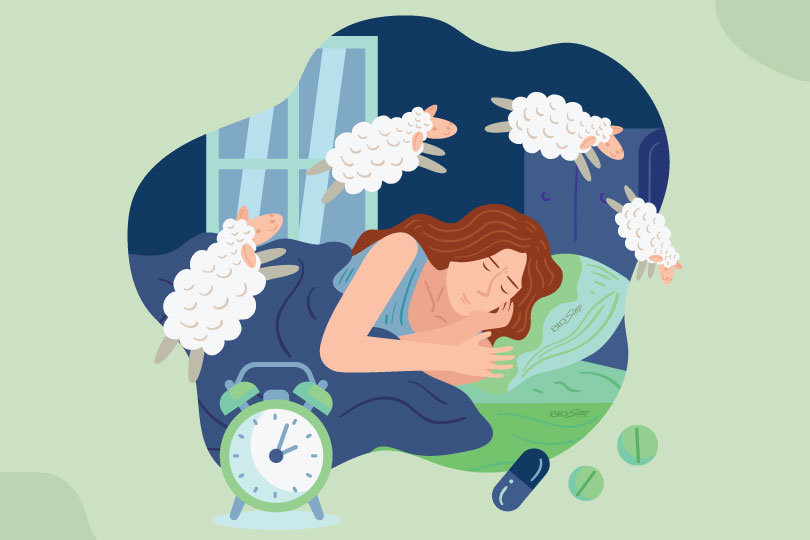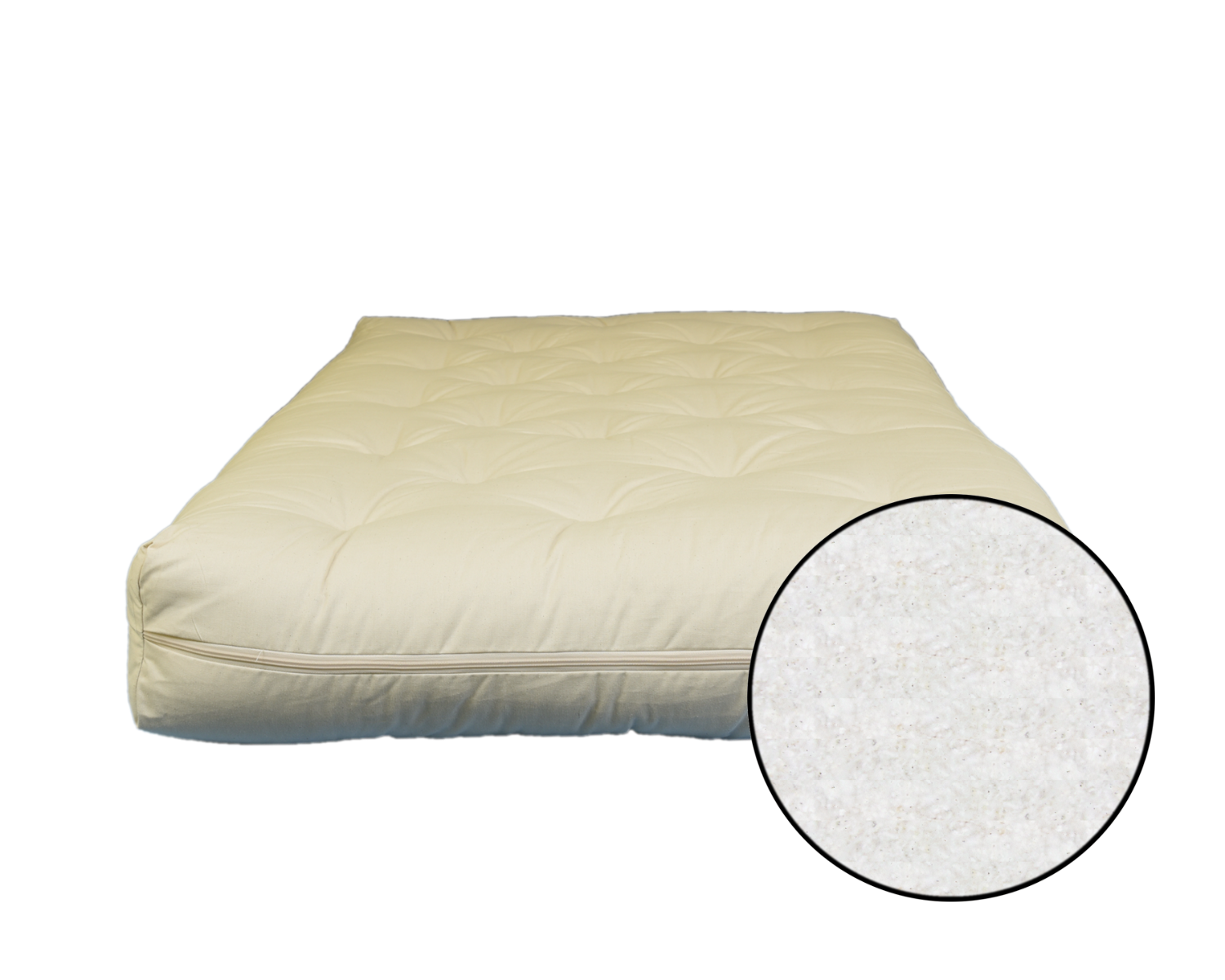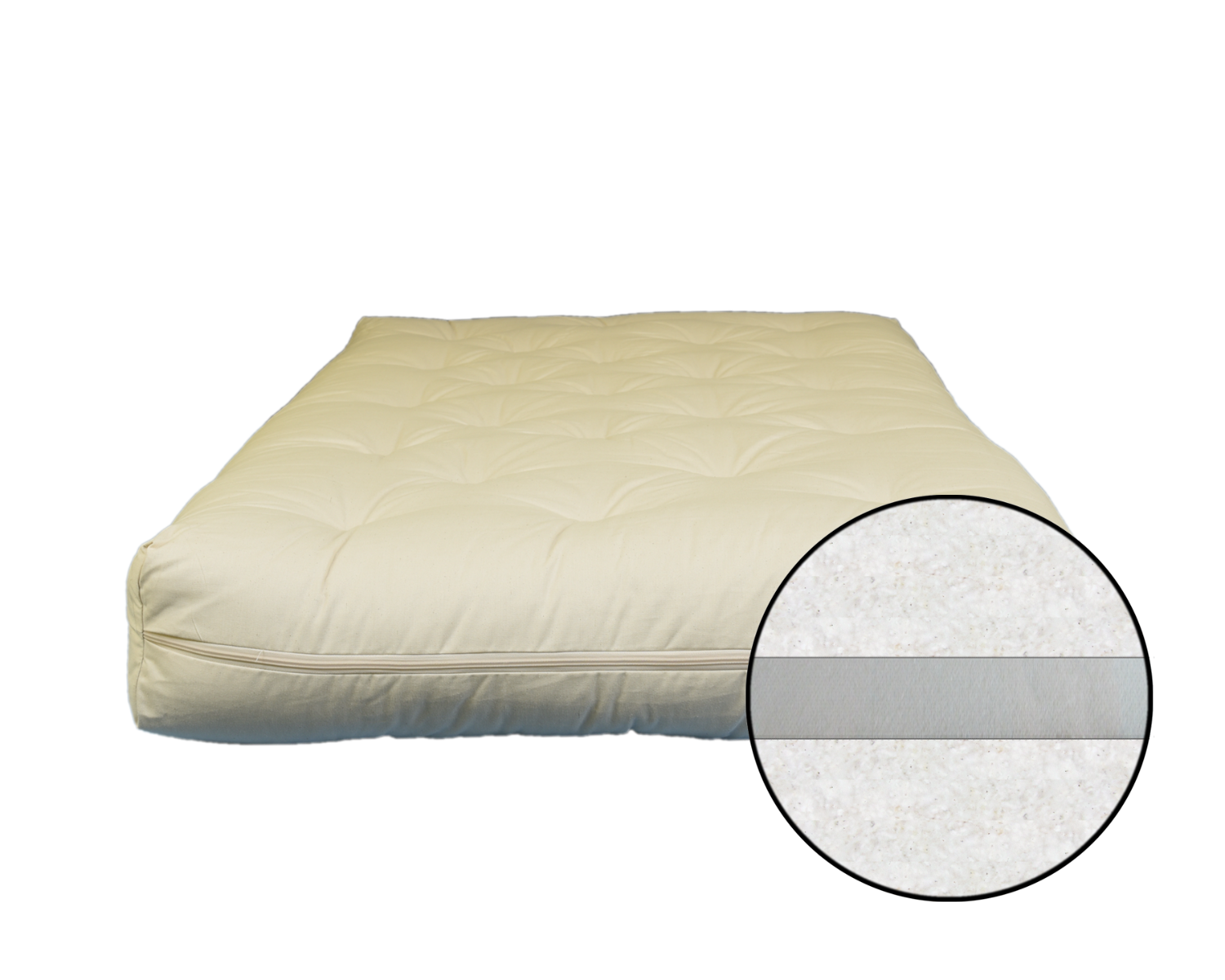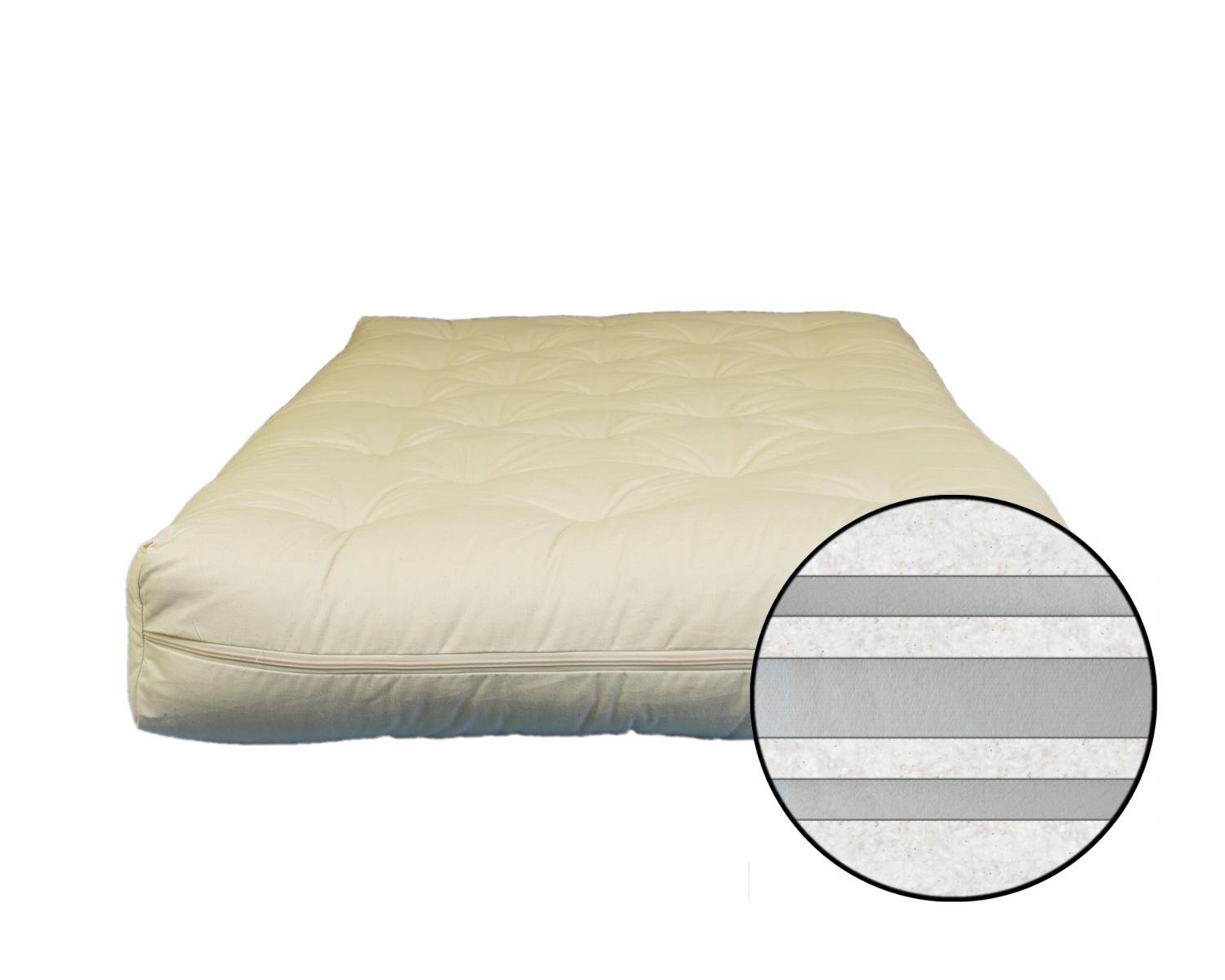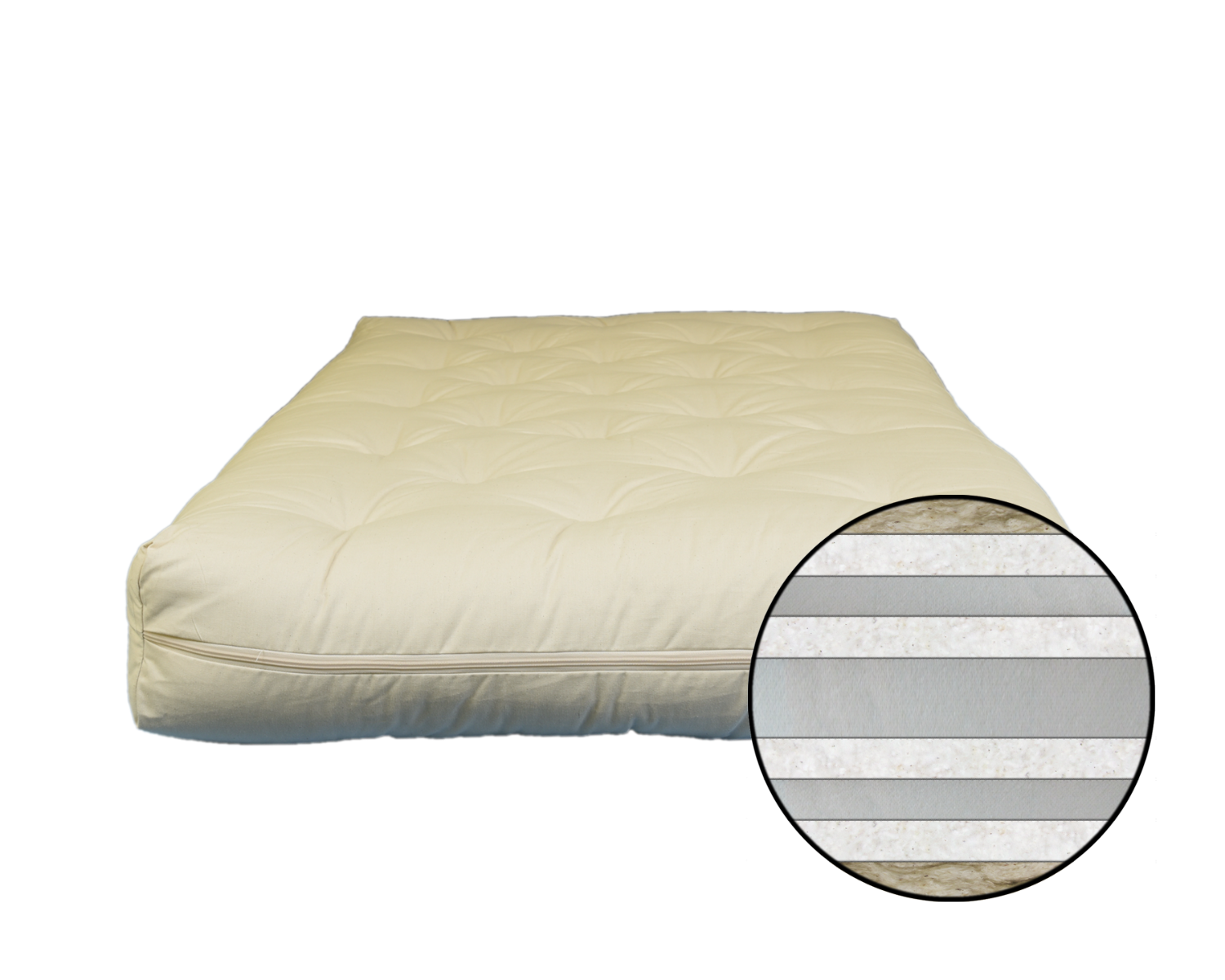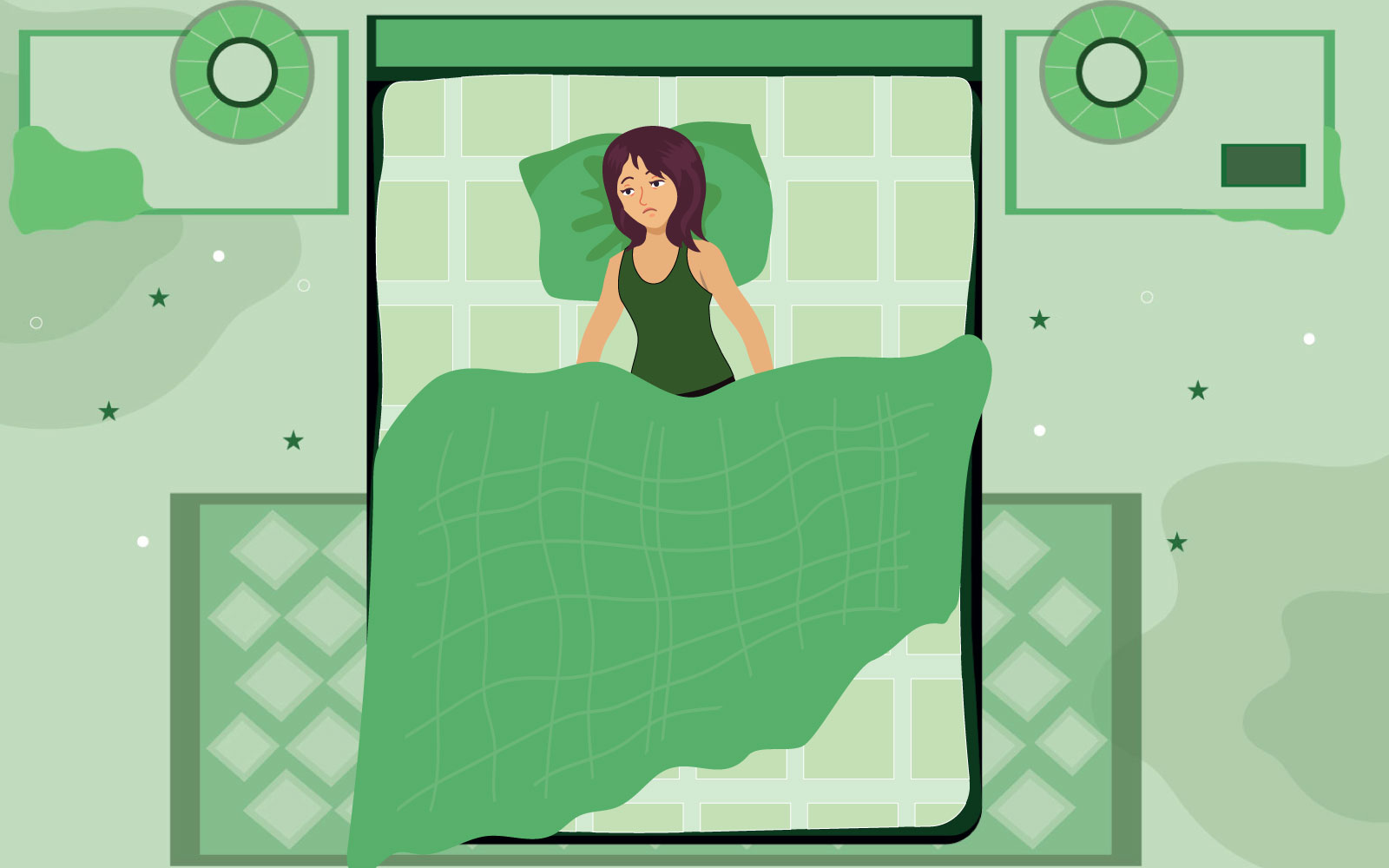“Sleep is the best meditation.” – Dalai Lama.
As the adage goes, to sleep well is to give yourself a chance to live well, it is equally important to know how we sleep to determine how well we sleep. Using optimal sleeping accessories such as eco-friendly mattresses and health-conducive sleeping habits can alter our experiences. Let us find out why, and how.
Just like healthy food provides nutrition for your physique and a good laugh boasts your mind, sound sleep is essential for your physical, mental, and emotional well-being.
Much like food and humor, sleep has a paramount role in our well-being too. Nevertheless, many people have a few misconceptions about sleep. And these misinformations have been around for quite some time, leading people to believe them to be true.
The rapid advancements in sleep science give us some valuable information that can debunk these false misconceptions. In this article, we will try to bust 7 such sleep myths and look for the real picture and the possible truths behind them.
7 Sleep Myths:
So without further ado, here we will enlist the 7 myths about sleeping, and unravel what’s the underlying facts instead.
#1. You Can Sleep on Any Mattress
The mattress you sleep on is very crucial for your sleep health. Oftentimes, the mattresses and bedding items are the reason people cannot sleep well at night. It makes them toss and turn because of its uneven bounce, rough surface, and incorrect positioning leading to a misaligned body posture.
When you sleep on an eco-friendly mattress made from sustainable and organic materials, that supports your body posture and aligns with the contour of your body’s shape, you will fall asleep fast and sound.
Eco-friendly mattresses are made from natural materials like organic cotton, wool, and latex. These materials are free from harmful chemicals and can help regulate your body temperature, allowing you to sleep comfortably all night long.
#2. Lack of Sleep is Common & Body Gets Used to It
The body does not adapt to lack of sleep and sleep deprivation can be harmful for your brain and health. Sleep deprivation takes a toll on your brain’s cognitive ability and the body’s optimal functioning.
There are both short and long-term effects of sleep deprivation, which people may not readily accept, recognize or pay attention to.
Experiencing trouble focusing, mood swings, shortened attention spans, and fatigue are the short-term effects of lack of sleep. Whereas, chronic sleep deprivation can affect work performance and increase the risk of dementia.
#3. Sleep Deprivation & Insomnia Are the Same
Sleep deprivation is a lack of sleep due to the unavailability of sufficient sleep hours, whereas insomnia is a sleep disorder that makes you stay awake despite laying in bed.
You can easily fix sleep deprivation by changing your sleeping habits, assuring a fixed sleep time, investing in good eco-friendly mattresses and bedding accessories, etc. Whereas, chronic insomnia needs medical intervention from a professional sleep wellness expert.
Nevertheless, experts recommend that if you do not fall asleep within approximately fifteen minutes of hitting the bed, you should get up, sip water, take a walk and come back to sleep later.
#4. The More You Sleep, the Better
People believe that the longer they sleep, it is better for them. However, the amount of sleep requirements varies from person to person. Someone may feel well-rested by sleeping a minimum of six hours, whereas others may require to sleep around nine hours to feel refreshed and rejuvenated.
The determining factor for a night of sound sleep is the quality of the sleep, more than its quantity. Furthermore, the sleep requirements for a person doing heavy manual work could be more than someone who is not. Similarly, age and health factors also affect the sleep requirements of a person.
The sleep environment along with the sleeping accessories and bedding materials such as eco-friendly mattresses, ergonomic pillows, etc., play a significant role in the quality of sleep.
#5. Consuming Alcohol Before Bedtime Helps Sleep Better
Alcohol makes one tipsy and drowsy, and that is due to a rise in a chemical called adenosine in the brain. Adenosine causes the brain to feel sleepy, and a steady level of it is required throughout the sleep duration to feel well-rested.
Alcohol makes a sudden spike in adenosine production resulting in a drowsy feeling. However, it also recedes as quickly leaving the body to stay in a state of half-awake, which disturbs the sleep.
Alcohol prevents the body from entering deep Rapid Eye Movement, or REM sleep, essential for sound sleep at night. Experts recommend a gap of at least an hour between having your drink and hitting the bed at night.
#6. Early to Bed, Early to Rise?
Many people believe in the adage, “Early to bed, early to rise, makes a man healthy, wealthy, and wise.” They think that sleeping early and arising early can make a person more productive.
However, the truth is that every person has their optimal production time zone, which is the time slot within a day (24-hour period) in which they are most productive. And, the fact of the matter is that this optimal production time zone varies from individual to individual.
It is based on a person’s genetics and not on their work ethic and work habits. Therefore, experts suggest paying attention to our working pattern and finding out the optimal time in which we work in a flow and with deep focus.
On the contrary, a healthy and good sleep at night supported by a sound sleeping environment on eco-friendly mattresses and organic bedding products, can make you work with a deep focus during the day.
#7. Nightly Workouts will Keep You from Sleeping
While it’s true that workouts raise the body’s temperature, and thus many people recommend avoiding a late evening workout. However, many experts believe that a moderate workout at least around 90 minutes before sleep time can ease the body’s muscular tension and make you fall asleep faster.
Additionally, working out also aids in deep REM sleep which is vital for the body’s rejuvenation and healing.
Wrap Up
There are many myths revolving around sleep, and some of them have strong convictions of people around them. But myths and misconceptions based on false, incorrect, and unscientific premises can be misleading.
Bust the myths with scientific and logical understanding and sleep on an eco-friendly mattress made from organic and sustainable materials to beat the day’s fatigue.There is hardly any experience as peaceful and comforting as a sound slumber.

